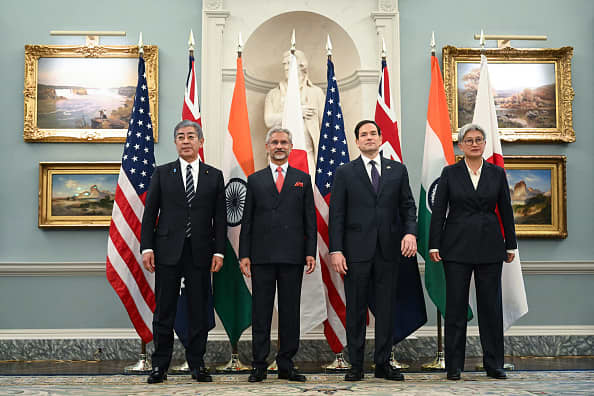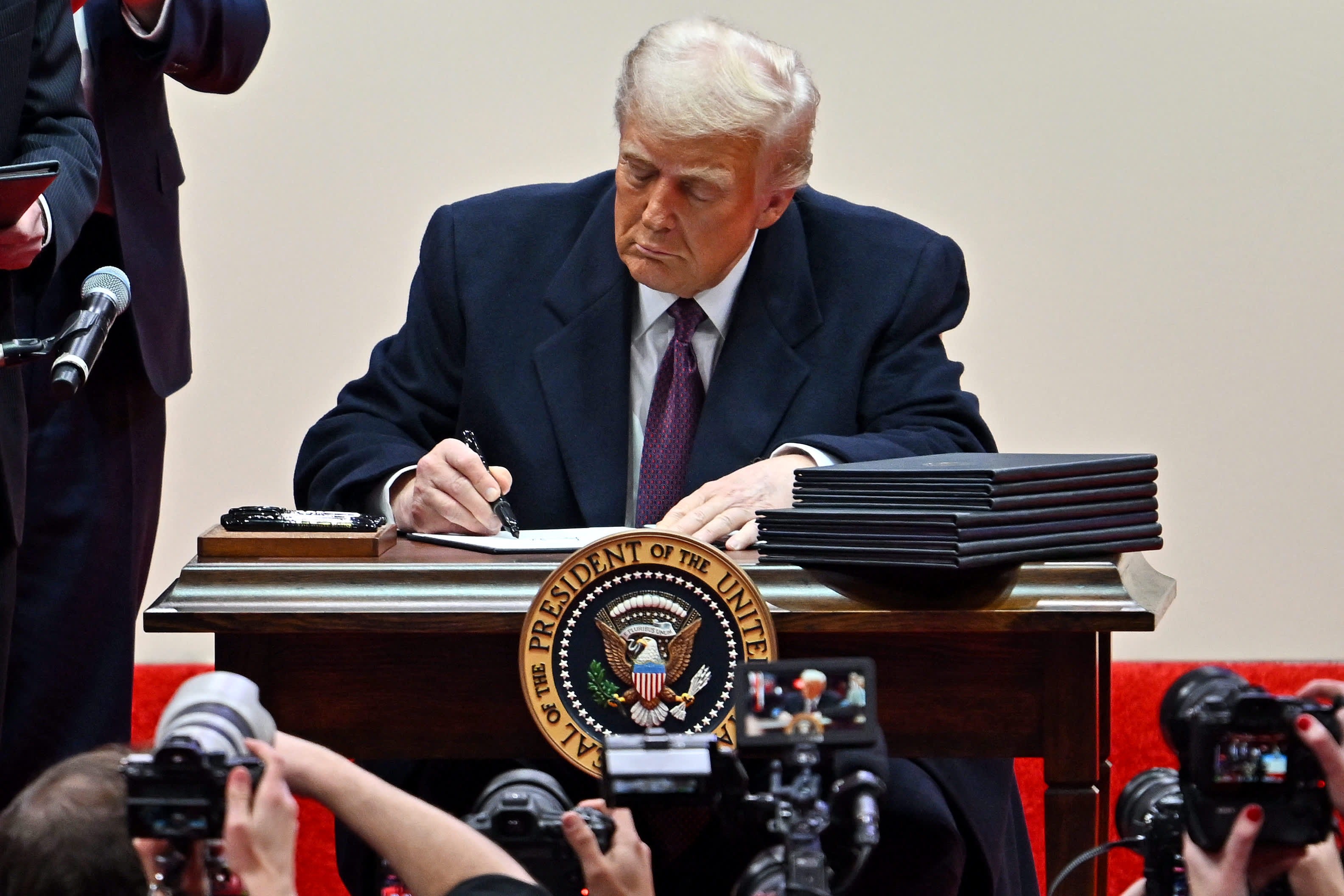If you're one of thousands of drivers with a new petrol or diesel car on order, don't expect to have it in time for Christmas... or New Year's Eve.
That's because car makers are holding back deliveries until January in the latest underhand tactic to meet binding electric vehicle sales targets and avoid hefty fines, according to a boss at a leading car retailer chain.
Robert Forrester, chief executive of Vertu Motors, said dealers are being forced to delay customers from taking delivery of their new cars, which are being held in 'compounds' until January.
This is because car companies are desperate to avoid penalties for failing to register a 22 per cent share of EVs in 2024, which is the binding threshold set out by the Zero Emission Vehicle (ZEV) Mandate introduced this year.
Failure to meet the 22 per cent target can result in fines of £15,000 per vehicle short of the required threshold.
By restricting the availability of new petrol and diesel cars until the new year, manufacturers are 'rationing by the back door' in a bid to artificially inflate EV sales figures, Forrester said.

The Vertu Motors boss, who oversees 202 dealers representing major brands including Honda, BMW and Kia across the country, told Auto Express: 'We have petrol cars in compounds which have been sold to customers, but the keys cannot be handed over because manufacturers, understandably, want to avoid fines at the end of this year.
'Christmas is coming and there will be thousands of car customers of different dealerships around the UK who cannot take delivery of their cars because they are being held over until January and the new ‘quota year’.
'It’s rationing by the back door.'
Forrester has already been heavily critical of the ZEV mandate and the impact it is having on the new car market.
In September, he suggested dealers had been facing 'a restriction on supply of petrol cars and hybrid cars', despite these motors being in highest demand.
'It's almost as if we can't supply the cars that people want, but we've got plenty of the cars that maybe they don't want,' he said earlier in the year, suggesting showrooms were being forced to push sales of electric vehicles in the face of limited consumer appetite.
In his latest comments in an exclusive column written for Auto Express, he said the mandate 'risks destroying the UK car industry for good' as he revealed the latest in a long list of tactics deployed by auto firms to hit the government's EV sales quotas.
He said his dealers are leading the sector for electric car sales but even their volumes are 'still nowhere near the government's arbitrary targets'.



Passed into law under the Conservative government in January, the ZEV mandate requires over a fifth of vehicle sold by mainstream makers this year to be zero-emission - essentially battery electric vehicles.
The target rises annually, increasing to 28 per cent next year, a third by 2026, 80 per cent in 2030 when new petrol and diesel car sales are outlawed, and eventually 100 per cent in 2035 when hybrid models are also banned from sale.
Car makers that fail to meet the required thresholds could be forced to pay fines of £15,000 per vehicle short of the designated target.
The mandate works on a credit-based system where manufacturers are awarded or stripped of credits if they overperform or underperform on the annual quotas.
Manufactures can choose to bank these credits for future years if they’re needed or can be sold to underperforming car makers who need them to avoid the fines.
Conglomerates, like Volkswagen Group and Stellantis, can use credits from one brand under its umbrella to help another worse performing other brand it owns.
But manufacturers also earn credits for sales of low emission cars, such as plug-in hybrids.
If a car maker beats their CO2 target (which is set individually for each brand) by reducing their CO2 emissions, then they can, for the first three years, convert this breathing room into ZEV credits at an exchange rate.
However, failure to meet annual percentage sales targets with credits each year will result in £15,000 per-vehicle financial penalties.
According to the Society of Motor Manufacturers and Traders, EVs accounted for 25.1 per cent of all passenger car registrations in November.
This is likely a result of makers heavily discounting prices to make EVs more appealing - but also withholding availability of new petrol and diesel models to manipulate the numbers in their favour.
Looking at 2024 so far, EV market share is just 18.7 per cent - over three percentage points shy of the ZEV mandate's 22 per cent binding quota.
With just December's sales to register, it comes as little surprise to learn that manufacturers are delaying deliveries of new petrol and diesel models to inflate EV numbers.



Earlier this year, another motor industry executive highlighted the varying strategies deployed by car makers to meet the ZEV mandate's demands.
Guy Pigounakis, commercial director of MG UK, told This is Money that manufacturers are slashing prices and introducing their own EV grants to make them more attractive to drivers.
They have also used the Motability scheme and dealership demonstrators to inflate EV sales figures, he told us.
Car makers have largely been critical of the mandate.
Last month, Vauxhall partially blamed the UK government's EV sales targets when announcing the closure of its Luton van factory next year, having previously threatened to withdraw some of its production from Britain because of the mandate.
Ford bosses - fresh from announcing European job cuts - have said in recent weeks that the mandate is 'unworkable'.
Nissan also told ministers at an emergency meeting that the ZEV mandate will cost jobs in Britain.
Following the session with automotive sector bosses, Louise Haigh MP agreed to conduct an immediate consultation on relaxing ZEV mandate rules.
However, just days later she was forced to step down from her role as Transport Minister after it had emerged that she had pleaded guilty to a fraud offence a decade ago.












